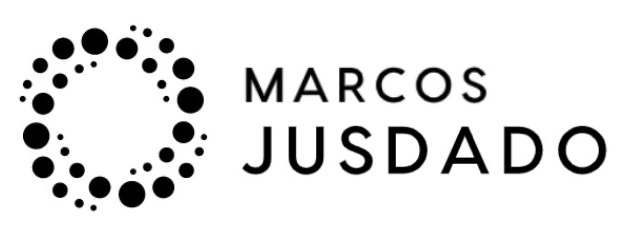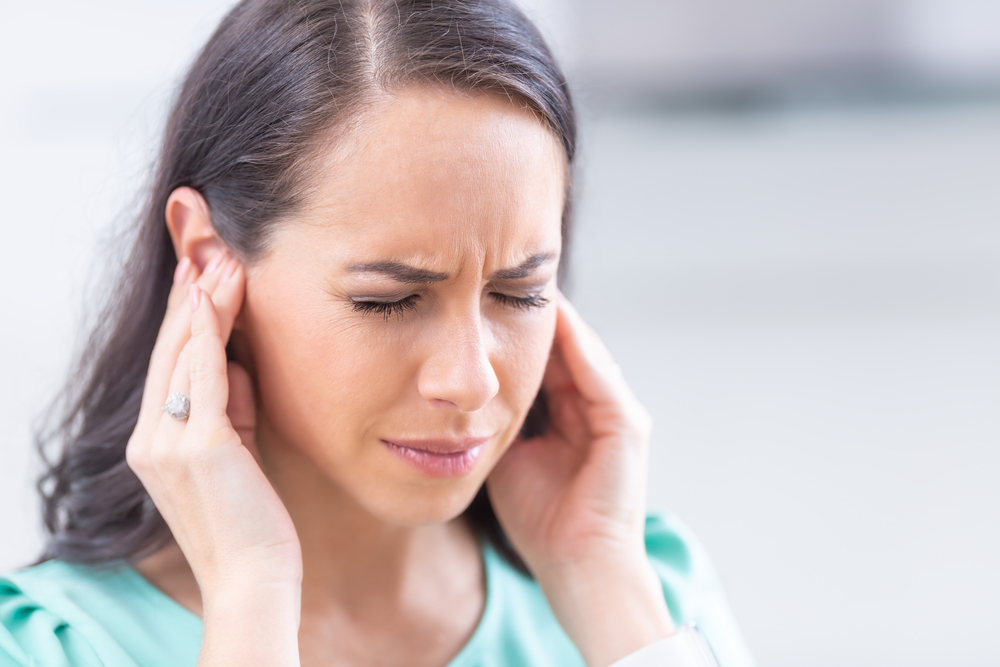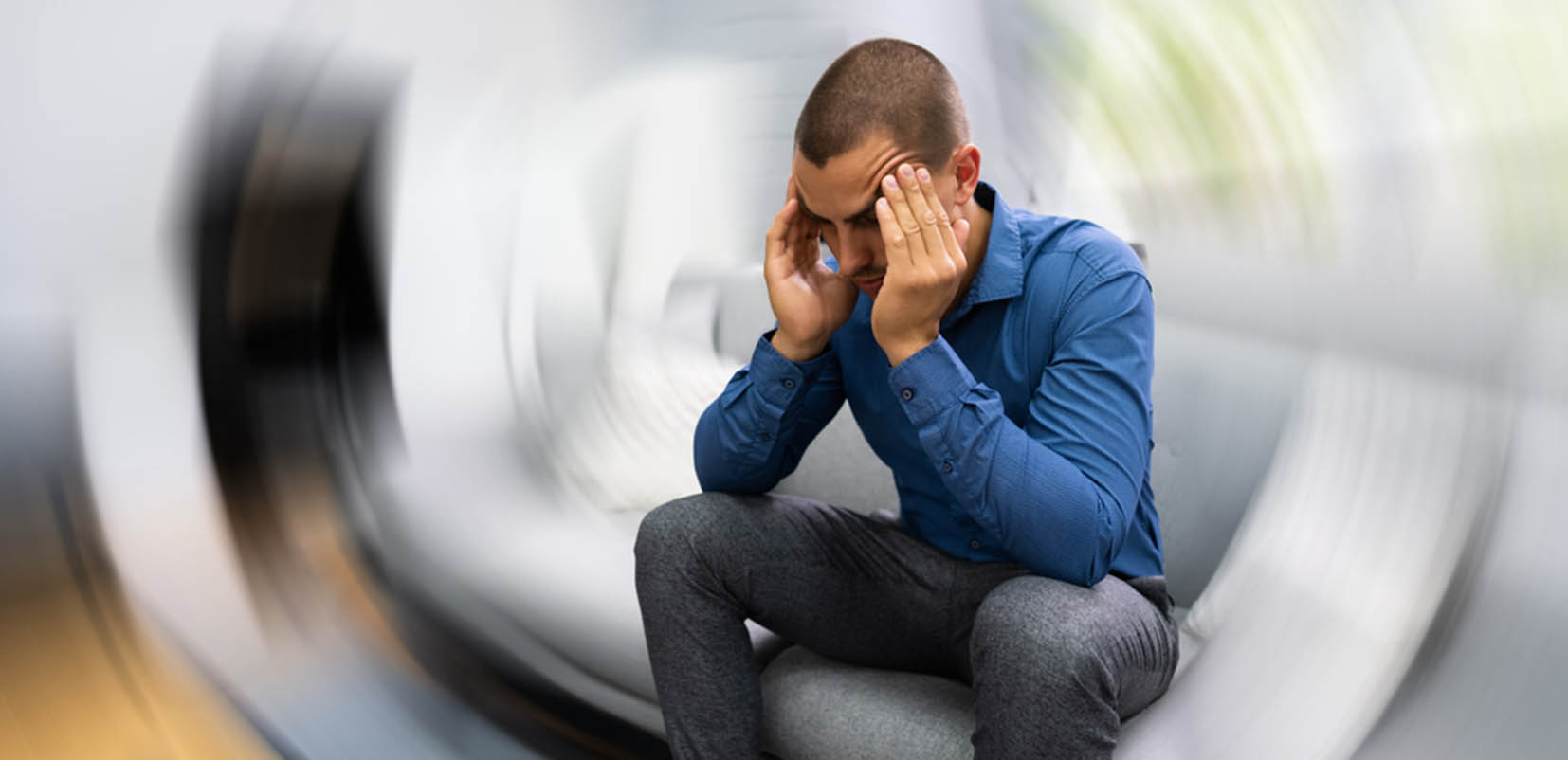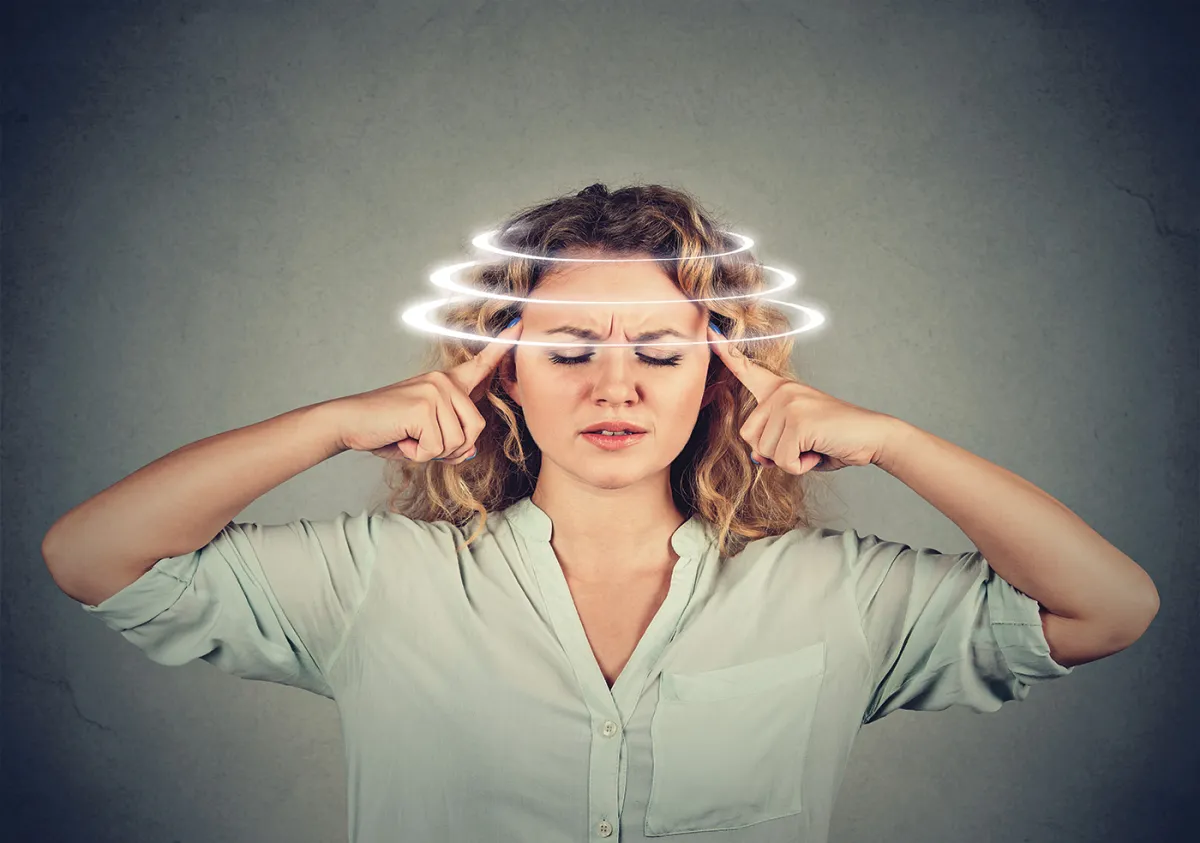Timing. Balance. Precision. Focus.
These are key for sports like padel, tennis, and golf, which are hugely popular in Dubai’s active community. But did you know your vestibular system plays a vital role in these skills?
Whether you’re training on the courts of Jumeirah, the golf courses of Emirates Hills, or local sports clubs, your inner ear’s balance system is constantly at work—yet it’s often overlooked in training.
This article explains why athletes in Dubai should prioritize vestibular training to boost performance, prevent injuries, and maintain top form in hot and dynamic environments.
What Is the Vestibular System?
The vestibular system, located in the inner ear, sends your brain essential information about:
- Head position and movement
- Balance and posture
- Spatial orientation
In fast-paced sports like padel and tennis, or precise, controlled motions like golf swings, your vestibular system helps you:
- Track balls accurately while moving
- Keep your balance on different surfaces—even sand or turf
- Maintain stable posture despite quick rotations and sudden stops
Why Dubai Athletes Need Vestibular Training
Dubai’s hot climate and unique sports settings (indoor courts, artificial turf, desert terrain) can challenge your balance and endurance.
Common problems due to undertrained vestibular function include:
- Slower reaction times in critical moments
- Poor eye-hand coordination during fast rallies or shots
- Imbalance after sudden direction changes on court
- Risk of overuse injuries from compensating poor balance
Athletes here can gain an edge by training their vestibular system, adapting to local playing conditions and demanding schedules.
Benefits for Padel, Tennis, and Golf Players
- Padel: Faster volleys, better transitions, reduced dizziness in fast exchanges
- Tennis: Sharper focus and balance during intense matches, fewer ankle sprains
- Golf: More consistent swings, better rotational control, improved stability on uneven terrain
How to Train Your Vestibular System in Dubai
Vestibular training is simple and effective, requiring no special equipment:
- Head and eye coordination drills, ideal for indoor or outdoor courts
- Balance exercises on various surfaces (grass, turf, sand)
- Visual tracking combined with footwork drills
- Gaze stabilization exercises to improve focus during movement
- Sport-specific neurotraining sessions, tailored to your goals
Who Can Benefit?
- Competitive and amateur players across Dubai’s growing racket and golf communities
- Athletes recovering from concussion, dizziness, or imbalance
- Sports enthusiasts looking to improve performance and prevent injuries
- Adults and seniors maintaining active lifestyles in Dubai’s dynamic environment
Unlock Your Performance Potential in Dubai
Your vestibular system controls more than balance, it impacts your entire athletic experience.
If you want to move faster, hit harder, and stay injury-free on Dubai’s courts and courses, vestibular training is your missing link.
Book a neuro-performance consultation in Dubai or online and start your tailored vestibular training plan today.






